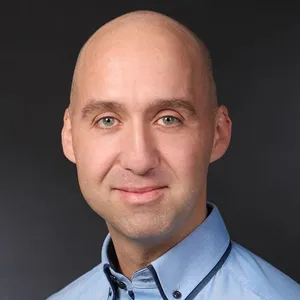The overarching goal of the “Water Electrolysis Innovation Laboratory (InnoEly)” is to create a characterization and modeling toolkit for the further development of technical water electrolysers for the production of green hydrogen. The consortium aims to contribute to further cost reductions and efficiency improvements, thereby enabling the electrolysis capacity of 5 GW by 2030 and 10 GW by 2035 targeted by the German government in its national hydrogen strategy.
The project will take into account all three electrolysis technologies available on the market (alkaline electrolysis (AEL), proton exchange membrane electrolysis (PEMEL), and high-temperature electrolysis (HTEL)). The aim is to bridge the gap between material and component development and the design of complete water electrolysis systems. The interests and perspectives of both users and system, component, and material manufacturers are actively incorporated into the project. As a case study, the toolbox to be developed within the project will be tested and further developed using optimized AEL components.
InnoEly will contribute to the efficient use of the value creation potential of the hydrogen economy in Lower Saxony, intensify close cooperation between research and industry, and enable the targeted further development of electrolysis technologies.
The ISFH's task within the project is to characterize and quantify the purity of the electrolytes in all three electrolysis systems: AEL, PEMEL, and HTEL. Since it significantly influences the service life of the cell stacks, the purity of the electrolytes is a critical parameter for all systems under investigation. At ISFH, this is determined within the project using physical-chemical characterization methods such as inductively coupled plasma mass spectrometry (ICP-MS) and ion chromatography (IC). The aim is to develop a reliable measurement protocol for determining electrolyte contamination.
Contact

Dr. Dominic Walter
Partners
Leibniz University Hannover
Institute for Electrical Energy Systems (IfES-EES),
Institute for Thermodynamics (IfT)
TU Clausthal
Institute for Chemical and Electrochemical Process Engineering (ICVT),
Clausthal Environmental Technology Research Center (CUTEC),
Energy Storage Technologies Research Center (EST)
TU Braunschweig
Institute for Energy and Systems Process Engineering (InES),
Institute for Technical Chemistry (ITC)
German Aerospace Center
DLR Institute of Technical Thermodynamics
Carl von Ossietzky University of Oldenburg
Institute of Chemistry, Technical Chemistry 1 (IfC)
Fraunhofer HHI
Fiber Optic Sensor Systems Department (FS)
Funding

